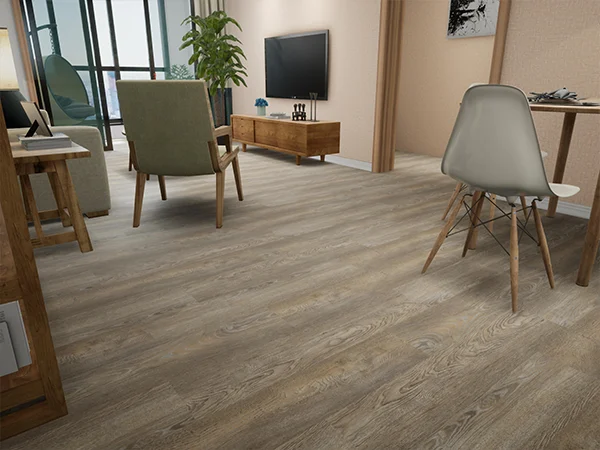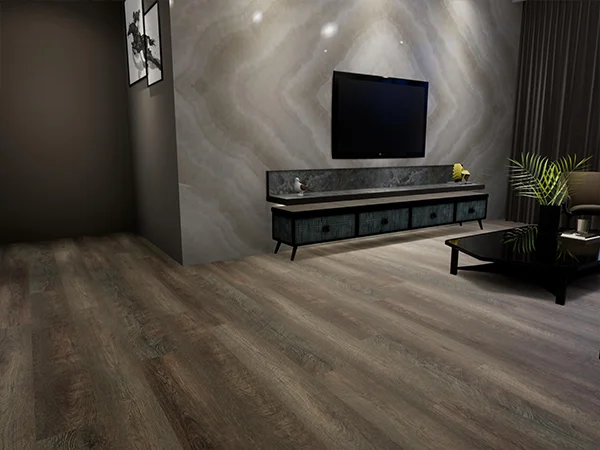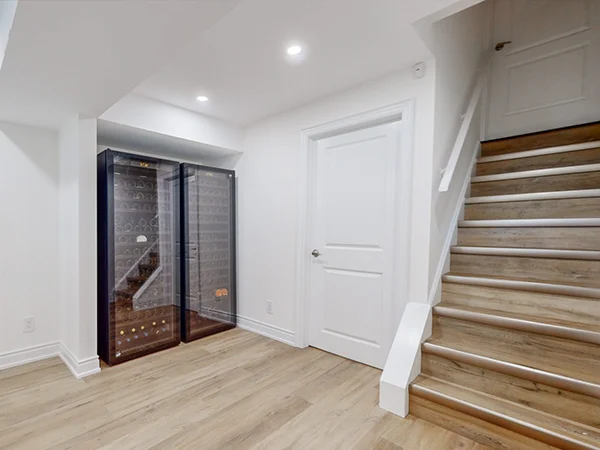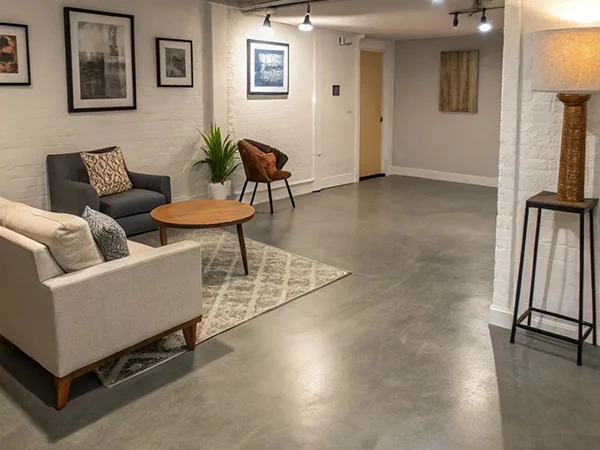When remodeling your basement, it is important to choose the right flooring. Basement spaces are often humid and susceptible to water seepage and mold. Therefore, choosing cost-effective and waterproof basement flooring is essential to improve the space's comfort and durability. This detailed guide will help you choose the right affordable, waterproof flooring when renovating your basement.
Understand the Actual Needs
First, evaluate the purpose of the basement. Is it used as a leisure space, a home office, or a guest room? Different uses have different requirements for comfort, durability, and style. For example, a leisure space may require a softer floor, while a home office may focus more on durability and easy cleaning. At the same time, check the humidity in the basement and perform a humidity test to understand whether you need to invest in high-quality waterproof flooring. Consider whether additional insulation or soundproofing is needed to enhance the living experience.
Explore Flooring Options

SPC (Stone Plastic Composite) flooring combines the advantages of stone and plastic and offers a variety of style options. It is not only affordable, but also has excellent waterproof properties. It can imitate the appearance of hardwood or stone, and has excellent durability, making it suitable for high-traffic areas. Additionally, SPC flooring is easy to install and suitable for DIY projects, allowing you to complete your transformation with ease.

Luxury vinyl flooring is a popular choice that is extremely water-resistant and wear-resistant. It has a variety of designs that can simulate the look of various natural materials and is easy to clean and maintain. The comfort and warmth of LVT make it an ideal choice for basement transformation, especially for family living environments.

While traditional laminate flooring is not usually waterproof, some brands on the market today offer options with a waterproof protective layer. These floors retain the beauty of wood while improving on waterproof performance, suitable for users with limited budgets who want the look of wood. Its natural texture and warm tones add a cozy feeling to the basement.

Tile and natural stone flooring are classic choices and are popular for their natural waterproof properties. Although the initial investment may be higher, their durability and low maintenance costs make them very cost-effective in the long run. The variety of styles and color options also combine perfectly with any decoration style, allowing you to freely match.
Budget and Cost Considerations
Determine how much budget to set aside for the flooring portion, and factor in other expenses, such as underlayment and installation fees. To further save costs, you can opt to install it yourself, and many products come with a snap-on system for easy DIY. In addition, consulting a professional or merchant in advance to learn about sales and offers can save you a lot of money.
Installation and Maintenance
Proper installation is essential to the longevity of your flooring. If you are unfamiliar with installation, consider hiring a professional to ensure the stability and aesthetics of your flooring. Waterproof flooring generally requires minimal maintenance, but regular cleaning and inspection for wear can extend its lifespan. It is recommended to use a mild detergent and avoid cleaning products with strong acids or bases to prevent damage to the floor.
In short, selecting budget-friendly basement flooring doesn't have to be complicated. With adequate planning and research, you can create an ideal basement without spending too much. By understanding your needs, exploring the pros and cons of different materials, creating a reasonable budget, and paying attention to installation and maintenance, you can ensure that your basement renovation is both economical and practical.